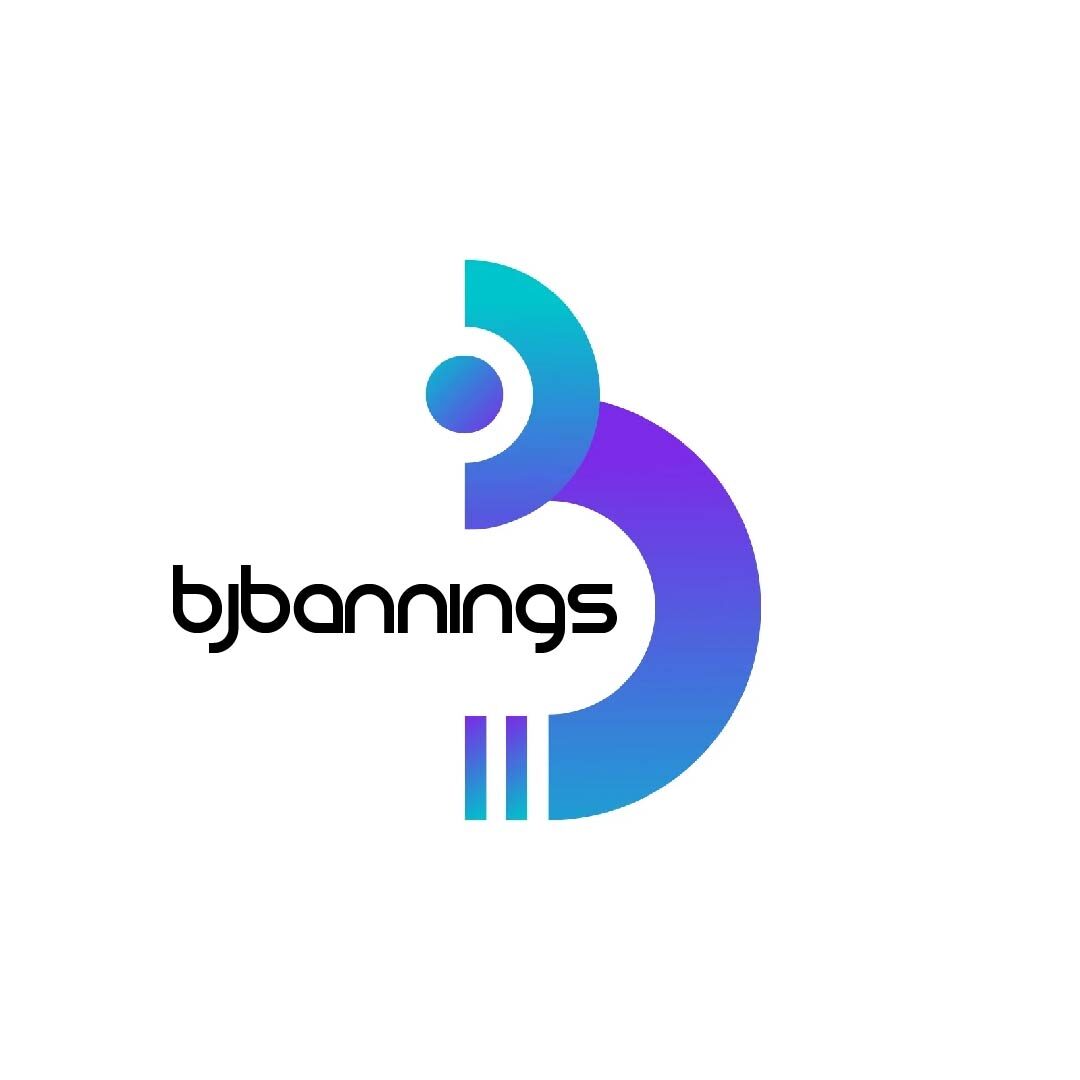Education Building Foundations For A Brighter Future
Education is one of the most important pillars of society and plays a crucial role in shaping individuals and communities. It provides people with the knowledge, skills, and values needed to succeed in life and contribute positively to the world around them. From early childhood learning to higher education and lifelong development, education is a continuous journey that empowers individuals and drives progress.
At its core, education aims to equip learners with critical thinking abilities, problem-solving skills, and a broad understanding of various subjects. It goes beyond simply memorizing facts and figures; education encourages curiosity, creativity, and a desire to explore new ideas. Through education, individuals learn to communicate effectively, collaborate with others, and adapt to changing circumstances.
Early childhood education sets the foundation for future learning and development. During these formative years, children acquire essential cognitive, social, and emotional skills that influence their growth and success in later stages. High-quality early education programs foster a love of learning, build confidence, and prepare children to face the challenges of formal schooling.
Primary and secondary education further develop knowledge and skills across a range of subjects such as mathematics, science, language, history, and the arts. Schools provide structured learning environments where students engage with teachers and peers to build a strong academic base. In addition to academics, schools promote personal http://delightandbe.com/ development, social responsibility, and healthy habits. Extracurricular activities like sports, music, and clubs also play an important role in nurturing talents and teamwork.
Higher education, including universities, colleges, and vocational training institutes, offers specialized knowledge and advanced skills in various fields. It prepares students for professional careers and research opportunities, helping them become experts and innovators. Higher education also encourages critical analysis, ethical thinking, and global awareness, which are essential in today’s interconnected world. Access to quality higher education opens doors to better employment and personal growth.
Education is not limited to formal institutions. Lifelong learning is increasingly recognized as vital for adapting to rapidly changing technologies and job markets. Adults continue to acquire new skills through online courses, workshops, and professional development programs. Lifelong learning helps individuals stay relevant, competitive, and fulfilled throughout their lives.
The benefits of education extend beyond individual success. An educated population contributes to economic growth, social stability, and improved health outcomes. Education promotes equality by offering opportunities for people from diverse backgrounds to improve their circumstances. It fosters democratic values, encourages civic participation, and helps build inclusive societies.
Despite its importance, access to quality education remains a challenge in many parts of the world. Factors such as poverty, gender inequality, and geographic location can limit educational opportunities. Efforts to improve education include building schools, training teachers, developing inclusive curricula, and leveraging technology to reach remote areas. International organizations and governments work together to promote education for all as a fundamental human right.
The role of technology in education has grown significantly in recent years. Digital tools and online platforms provide new ways to deliver content, engage learners, and assess progress. Technology enables personalized learning experiences tailored to individual needs and paces. It also facilitates collaboration across distances, expanding access to quality education worldwide.
Effective education depends heavily on skilled and motivated teachers. Teachers inspire, guide, and support students through their learning journeys. Investing in teacher training, fair compensation, and professional development is essential for maintaining high educational standards. Teachers also play a vital role in creating inclusive classrooms where all students feel valued and encouraged.
Curriculum design is another key aspect of education. Curricula should be relevant, balanced, and adaptable to changing societal needs. Incorporating critical thinking, digital literacy, environmental awareness, and global citizenship prepares students for the challenges of the future. Education systems must also address diverse learning styles and provide support for students with special needs.
Parental and community involvement enhances the effectiveness of education. When families and communities actively participate in educational activities, students are more motivated and perform better. Collaboration between schools, parents, and local organizations creates supportive environments that foster learning and personal growth.
In conclusion, education is a powerful tool that shapes individuals, communities, and nations. It builds knowledge, skills, and values that enable people to lead fulfilling lives and contribute to society. Quality education is fundamental to economic development, social equity, and global peace. As the world continues to evolve, investing in inclusive and innovative education systems remains a priority for a brighter and more sustainable future.
